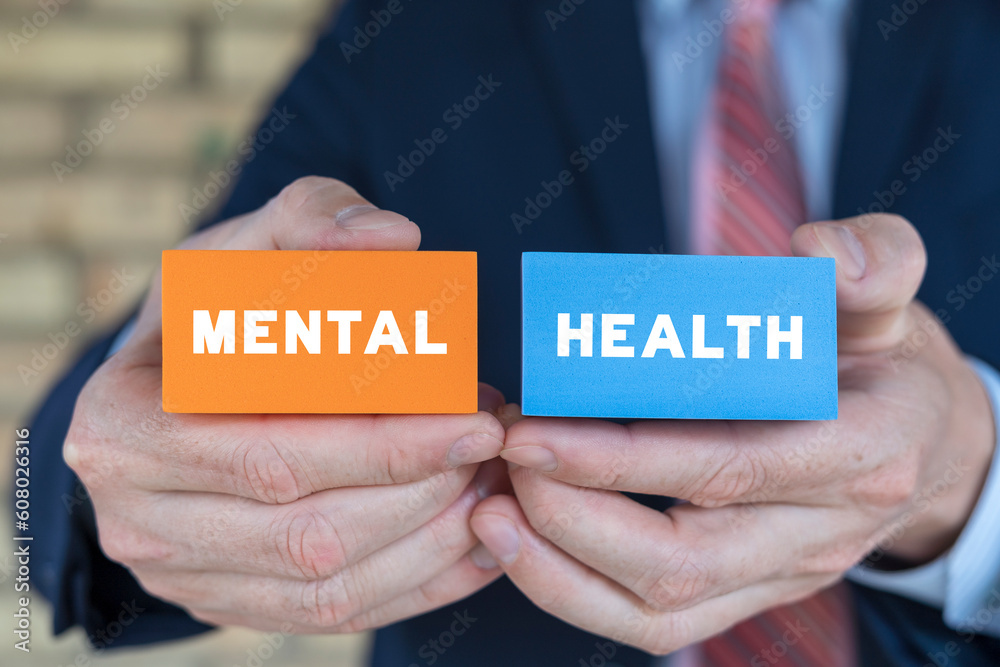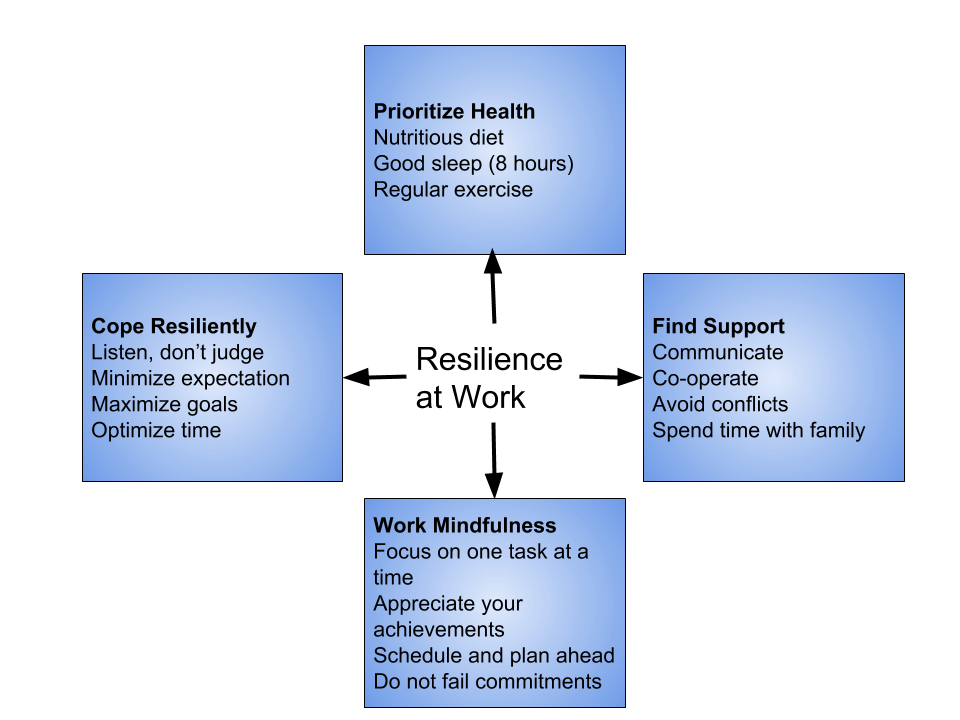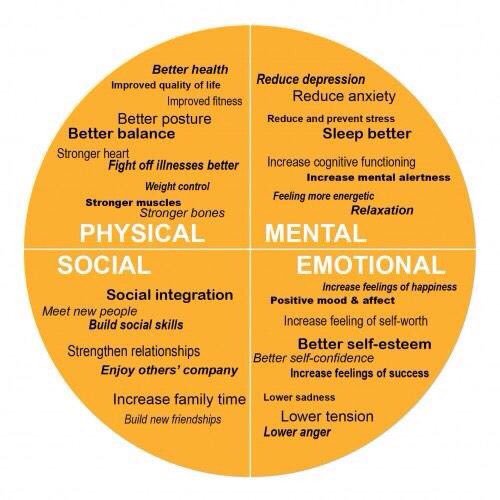
MindStrong: Techniques for Optimal Mental Fitness
Achieving optimal mental fitness involves intentional practices that promote mental well-being and resilience. In this article, we explore effective techniques to enhance mental fitness, fostering a strong and resilient mind.
Understanding Mental Fitness
Mental fitness goes beyond the absence of mental health issues; it encompasses the capacity to cope with life’s challenges and adapt positively. It involves building mental strength, emotional resilience, and a positive mindset. Understanding the concept sets the foundation for incorporating effective mental fitness techniques into your routine.
Mindfulness Meditation: Cultivating Present Awareness
Mindfulness meditation is a powerful technique for enhancing mental fitness. It involves focusing on the present moment without judgment. Regular mindfulness practice can reduce stress, improve concentration, and foster a greater sense of calm. Incorporate short mindfulness sessions into your daily routine to reap the benefits over time.
Cognitive Behavioral Therapy (CBT): Restructuring Thought Patterns
Cognitive Behavioral Therapy is a proven method for improving mental fitness by addressing negative thought patterns. Through CBT, individuals learn to identify and challenge distorted thinking, replacing it with more balanced and constructive thoughts. Seeking professional guidance for CBT can provide valuable tools for managing stress and enhancing mental resilience.
Physical Exercise: The Brain-Body Connection
Physical exercise not only benefits the body but also plays a crucial role in mental fitness. Regular exercise increases blood flow to the brain, promotes the release of neurotransmitters, and reduces stress hormones. Incorporate activities you enjoy, whether it’s walking, running, yoga, or dancing, to harness the positive impact of physical exercise on mental well-being.
Quality Sleep: Restoring Mental Energy
Quality sleep is essential for mental fitness. During sleep, the brain undergoes processes that consolidate memories, regulate emotions, and restore mental energy. Establishing a consistent sleep routine, creating a conducive sleep environment, and prioritizing sufficient sleep duration contribute to optimal mental fitness.
Mind-Body Practices: Yoga and Tai Chi
Mind-body practices like yoga and Tai Chi combine physical movement with mindfulness, promoting mental fitness. These practices improve flexibility, balance, and coordination while simultaneously calming the mind. Engaging in regular sessions enhances overall well-being and mental resilience.
Social Connections: Nurturing Emotional Well-being
Building and maintaining social connections is a vital aspect of mental fitness. Strong social ties provide emotional support, foster a sense of belonging, and contribute to a positive mood. Cultivate meaningful relationships, engage in social activities, and prioritize time with loved ones to enhance your mental fitness.
Learning and Growth: Stimulating the Mind
Continuous learning and intellectual stimulation contribute to mental fitness. Engage in activities that challenge the mind, such as reading, learning a new skill, or pursuing a hobby. Stimulating the mind fosters cognitive function, creativity, and a positive outlook on life.
Stress Management Techniques: Finding Balance
Effective stress management is integral to mental fitness. Explore various techniques such as deep breathing exercises, progressive muscle relaxation, or mindfulness-based stress reduction. Developing a toolbox of stress management techniques empowers you to navigate life’s challenges with resilience.
Resources for Mental Fitness Techniques
Explore more insights and resources on mental fitness techniques at Studentals.net. Discover articles, tips, and expert advice to support your journey towards a resilient and strong mind. Education is a key component of mental fitness, and staying informed contributes to long-term mental well-being.
In conclusion, incorporating these mental fitness techniques into your daily life can contribute to a resilient and strong mind. Whether through mindfulness practices, physical exercise, quality sleep, or social connections, prioritizing mental fitness is an investment in your overall well-being. Embrace these techniques for a MindStrong approach to life.



